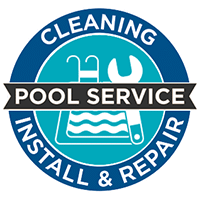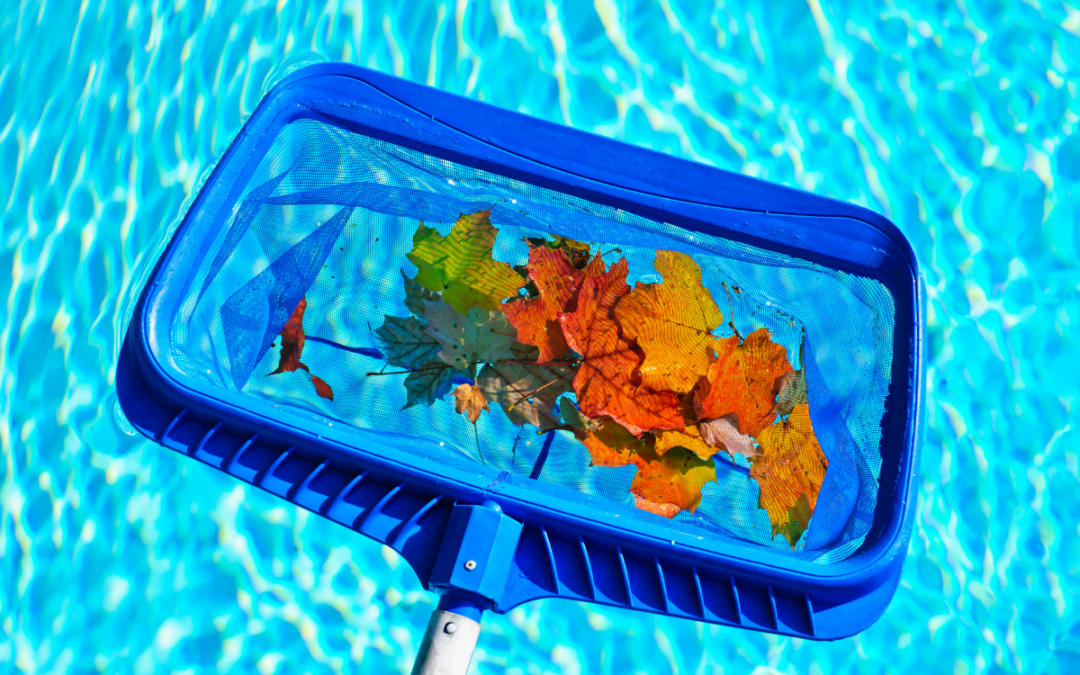Whether it’s sweltering summer heat or a brisk winter day, there’s something undeniably refreshing about taking a dip in a crystal-clear pool. With our helpful tips, you’ll discover that maintaining your pool water is not only necessary but also surprisingly easy.
By the end of this blog post, you’ll have all the insider secrets to transform your pool into a stunning sanctuary, ready for endless hours of enjoyment. So, let’s get started on this journey to pristine waters, and unravel the secrets to maintaining your pool water with ease.
Say Goodbye To Pool Water Woes!
Understanding The Importance Of Balanced Chemicals
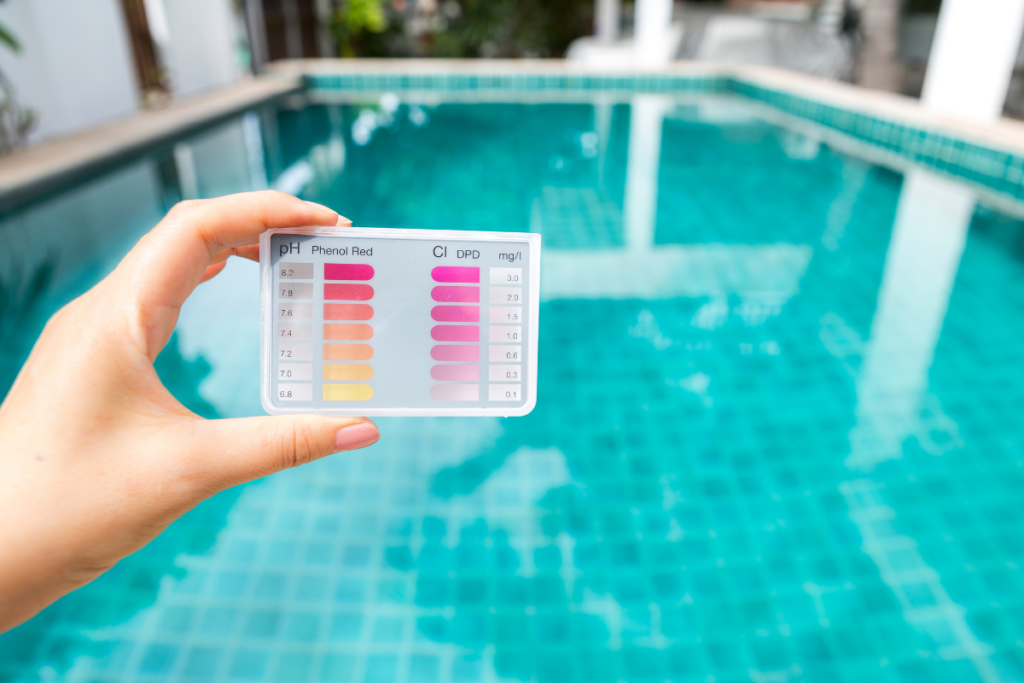
Maintaining your pool water is essential for anyone who owns a swimming pool. One of the key factors in achieving crystal-clear water is to ensure that the chemicals in the pool are balanced. But why is it so important to have balanced chemicals in your pool? Let’s delve into the reasons why.
- Water Quality: Balanced chemicals help to maintain the overall water quality in your pool. When the chemicals are properly balanced, the water is clear, clean, and safe to swim in. On the other hand, if the chemicals are not balanced, the water can become cloudy, discolored, and may even develop an unpleasant odor. This not only affects the aesthetics of your pool but also poses a risk to the health of swimmers.
- Algae Growth Prevention: Balanced chemicals can effectively prevent the growth of algae in your pool. Algae thrive in unbalanced water conditions, especially when there is an excess of nutrients such as phosphates and nitrates. If left unchecked, algae can quickly multiply and turn your pool water green, making it uninviting and unhygienic. By maintaining balanced chemicals, you can keep algae at bay and ensure that your pool remains algae-free.
- Sanitization: Properly balanced chemicals play a crucial role in sanitizing your pool water. The primary chemical used for sanitization is chlorine, which helps to kill bacteria, viruses, and other harmful microorganisms. When chlorine levels are balanced, it effectively eliminates any potential health hazards in the water. However, if the chlorine levels are too low, the water becomes susceptible to bacterial growth, leading to potential health risks.
- pH Levels: Balanced chemicals also include maintaining the pH levels of your pool. pH refers to the acidity or alkalinity of the water. Ideally, the pH level should be between 7.2 and 7.8 for optimal swimming conditions. If the pH level is too high or too low, it can cause irritation to the eyes, skin, and even damage the pool equipment. By keeping the pH levels balanced, you ensure a comfortable and safe swimming experience for all.
- Longevity of Pool Equipment: Unbalanced chemicals can have a detrimental effect on your pool equipment. High levels of acidity or alkalinity can cause corrosion of metal parts, such as pipes, pumps, and filters. This can lead to costly repairs or replacements. By maintaining balanced chemicals, you protect your pool equipment, prolong its lifespan, and avoid unnecessary expenses.
Understanding the importance of balanced chemicals in your pool is crucial for maintaining a clean and clear swimming environment. By regularly testing and adjusting the chemicals in your pool, you can enjoy a safe and enjoyable swimming experience all season long.
Testing And Adjusting Chemical Levels Regularly
Testing and adjusting chemical levels regularly is crucial when it comes to maintaining your pool water. It ensures that the water remains clear, clean, and safe for swimming. By following these top tips, you can effectively maintain the chemical balance in your pool.
- Test the Water: Regularly test the chemical levels in your pool water to determine if any adjustments are necessary. Use a reliable testing kit to measure the pH, chlorine, alkalinity, and other chemical levels. This will give you a clear understanding of the current state of your pool water.
- Adjust the pH Level: The pH level of your pool water should ideally be between 7.2 and 7.6. If the pH level is too high or too low, it can lead to various issues such as skin and eye irritation, algae growth, and equipment damage. Use pH increasers or decreasers to bring the pH level within the recommended range.
- Maintain Proper Chlorine Levels: Chlorine is essential for killing bacteria and preventing algae growth in your pool. The recommended chlorine level is between 1 and 3 parts per million (ppm). If the chlorine level is too low, bacteria and algae can thrive, leading to cloudy water and potential health risks. On the other hand, if the chlorine level is too high, it can cause skin and eye irritation. Use chlorine tablets, granules, or liquid to maintain the appropriate chlorine levels.
- Balance Alkalinity: Alkalinity helps stabilize the pH level in your pool water. The ideal alkalinity range is between 80 and 120 ppm. When the alkalinity is too low, it can cause the pH level to fluctuate, making it difficult to maintain a balanced pool. Conversely, high alkalinity can lead to cloudy water and scaling. Use alkalinity increasers or decreasers to adjust the alkalinity level as needed.
- Check Calcium Hardness: Calcium hardness refers to the amount of dissolved calcium in your pool water. The recommended range is between 200 and 400 ppm. Low calcium hardness can cause the water to become corrosive, leading to damage to the pool surface and equipment. High calcium hardness can result in scaling and cloudy water. Use calcium increasers or decreasers to maintain the proper calcium hardness level.
- Follow a Regular Schedule: Consistency is key when it comes to maintaining your pool water. Set a regular schedule for testing and adjusting the chemical levels. This will help you stay on top of any imbalances and prevent bigger issues from occurring. By testing and adjusting the chemical levels regularly, you can ensure that your pool water remains clear, clean, and safe for swimming. Remember to follow the recommended ranges for pH, chlorine, alkalinity, and calcium hardness, and stick to a regular maintenance schedule. With these top tips, you can enjoy a sparkling pool all season long.
By testing and adjusting the chemical levels regularly, you can ensure that your pool water remains clear, clean, and safe for swimming. Remember to follow the recommended ranges for pH, chlorine, alkalinity, and calcium hardness, and stick to a regular pool maintenance schedule. With these top tips, you can enjoy a sparkling pool all season long.
Keeping Algae At Bay: Prevention And Treatment
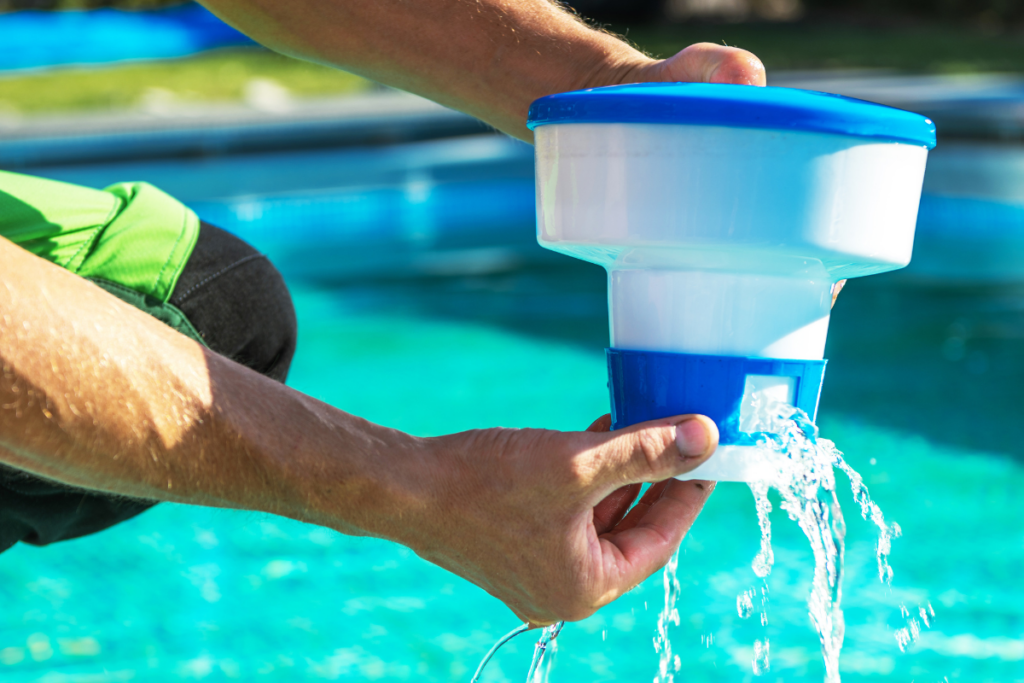
In maintaining your pool water, it is essential to effectively prevent and treat algae growth. Algae can quickly turn a sparkling pool into a green and murky mess, making it uninviting for swimmers. To help you maintain your pool water and keep algae at bay, we have compiled a list of top tips:
- Regularly Test and Balance Your Pool Water: Proper water balance is crucial for preventing algae growth. Test the water regularly using a pool testing kit to monitor the pH, alkalinity, and sanitizer levels. Adjust these levels as needed to maintain a balanced environment that inhibits algae growth.
- Circulate the Water: Algae thrives in stagnant water, so it is important to keep the pool water circulating. Run your pool pump and filter system for an adequate amount of time each day to ensure proper water circulation. This will help prevent algae from settling and multiplying.
- Maintain Proper Sanitizer Levels: Chlorine or other sanitizers are essential for killing algae and preventing its growth. Keep the sanitizer levels within the recommended range to effectively kill any algae spores. Shocking the pool regularly can also help eliminate any existing algae and prevent its return.
- Brush and Vacuum Regularly: Algae tends to cling to the surfaces of the pool, so it is important to brush the walls, steps, and floor regularly to dislodge any algae spores. Vacuuming the pool will remove the dislodged algae, preventing it from settling and multiplying.
- Remove Debris: Leaves, grass, and other organic debris provide nutrients for algae to thrive. Skim the pool surface regularly and clean out the skimmer baskets to prevent algae from feeding on these debris.
- Use Algaecides: Algaecides are chemicals specifically designed to kill and prevent algae growth. Follow the manufacturer’s instructions and add algaecides to your pool as a preventive measure or when treating an algae outbreak.
- Maintain Proper Water Chemistry: In addition to sanitizer levels, it is important to maintain the right balance of other chemicals in your pool water. This includes calcium hardness, total dissolved solids, and stabilizer levels. Imbalanced chemistry can create an environment conducive to algae growth.
By following these top tips for maintaining your pool water, you can effectively prevent and treat algae growth. Remember to regularly test and balance your water, circulate it properly, maintain sanitizer levels, brush and vacuum the pool, remove debris, use algaecides when necessary, and maintain proper water chemistry. With these preventive measures in place, your pool will remain clear, clean, and algae-free, providing a refreshing and enjoyable swimming experience for all.
The Role Of Filtration Systems In Clear Water
When it comes to maintaining your pool water, one important aspect to consider is the role of filtration systems. These systems play a crucial role in keeping your pool water clear and clean. Let’s take a closer look at how filtration systems contribute to maintaining clear water.
- Removal of Debris: Filtration systems work by capturing and removing debris from the pool water. This includes leaves, twigs, insects, and other unwanted materials that can make your pool water cloudy and dirty. The filters in the system trap these particles, preventing them from circulating back into the pool.
- Microscopic Particle Removal: Filtration systems are designed to capture even the smallest particles in the water. This includes dirt, dust, and other microscopic contaminants that may not be visible to the naked eye. By effectively removing these particles, the filtration system helps to maintain the clarity of the water.
- Circulation and Distribution: In addition to filtering out contaminants, filtration systems also aid in the circulation and distribution of pool water. The water is drawn in through the system, filtered, and then returned to the pool. This constant circulation helps to prevent stagnant areas and ensures that all areas of the pool receive fresh, filtered water.
- Chemical Balance: Filtration systems work hand in hand with the pool’s chemical balance. The chemicals used to sanitize the pool, such as chlorine, need to be evenly distributed throughout the water to effectively kill bacteria and other harmful microorganisms. The filtration system helps to distribute these chemicals and maintain the proper balance for optimal water quality.
- Extended Lifespan of Pool Equipment: By removing debris and contaminants from the water, filtration systems also help to protect other pool equipment, such as pumps and heaters, from potential damage. Clean water reduces the strain on these components and extends their lifespan, saving you money on repairs and replacements.
Filtration systems play a vital role in maintaining your pool water. They remove debris, capture microscopic particles, aid in circulation and distribution, contribute to chemical balance, and protect other pool equipment. Regular maintenance and proper operation of these systems are essential for ensuring the longevity and enjoyment of your pool.
Maintaining Your Pool Water: Achieving And Sustaining A Pristine Pool Environment
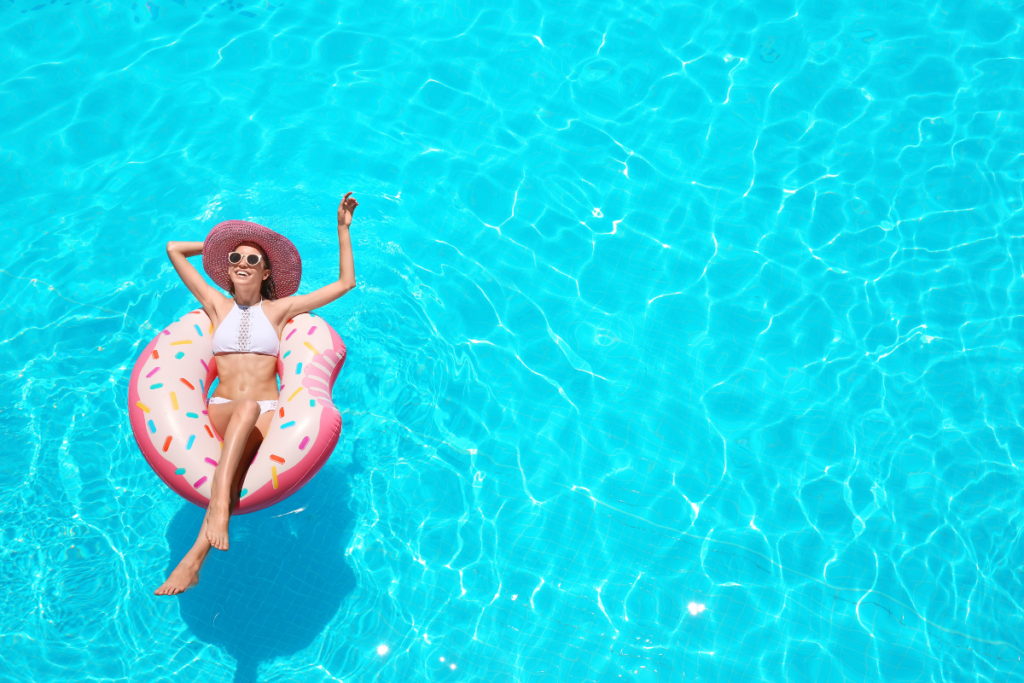
Looking for top-notch pool maintenance, remodeling, or pool repair services? Look no further! Clear Water Pools is your go-to expert for all your pool needs. With years of experience and a solid reputation, we guarantee exceptional results that will leave you swimming in satisfaction.
Why settle for anything less than perfection when it comes to maintaining your pool water? Our team of skilled professionals is dedicated to ensuring your pool remains crystal clear and inviting all year round. From routine maintenance to advanced water treatment techniques, we’ve got you covered.
If you’re dreaming of a pool that’s more than just functional, our pool remodeling services will transform your ordinary pool into a luxurious oasis. Whether you’re seeking stunning tile work, modernizing your pool’s design, or upgrading your pool equipment, our experts will exceed your expectations.
Need pool repair aside from maintaining your pool water? We’ve got you covered there too. Our technicians are well-versed in diagnosing and fixing any pool issues you may encounter. From leaks and cracks to faulty pumps or filters, we’ll have your pool back in prime condition in no time.
Don’t wait any longer to experience the Clear Water Pools difference. Contact us today to schedule a pool consultation and let our team take care of all your pool needs. Dive into the extraordinary and make your pool the envy of the neighborhood. Your perfect pool experience starts with Clear Water Pools.

